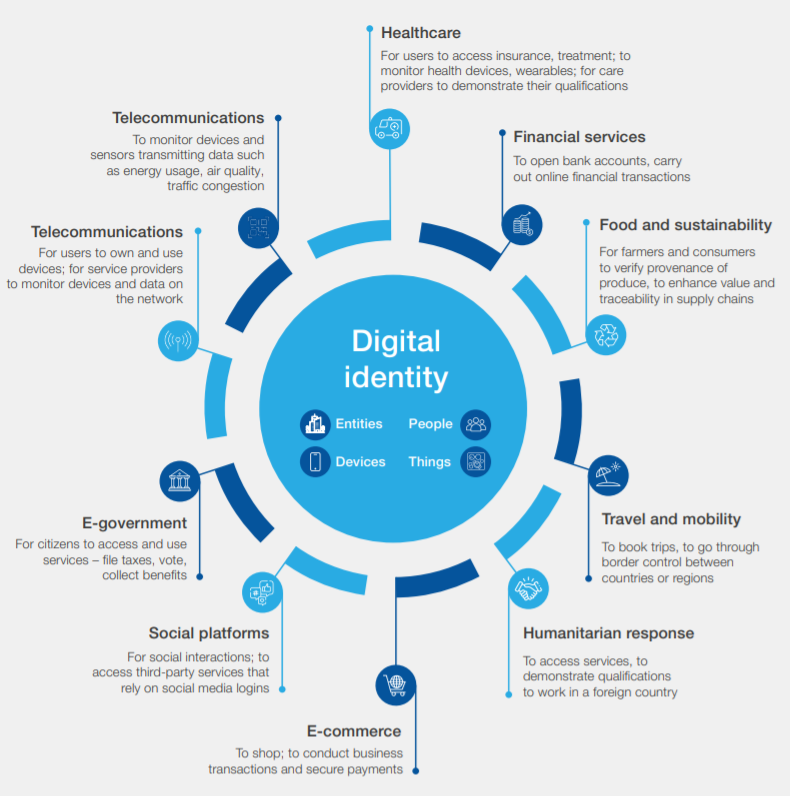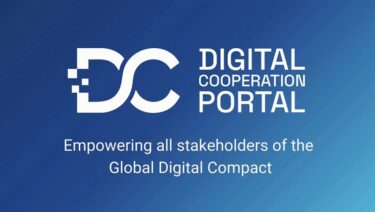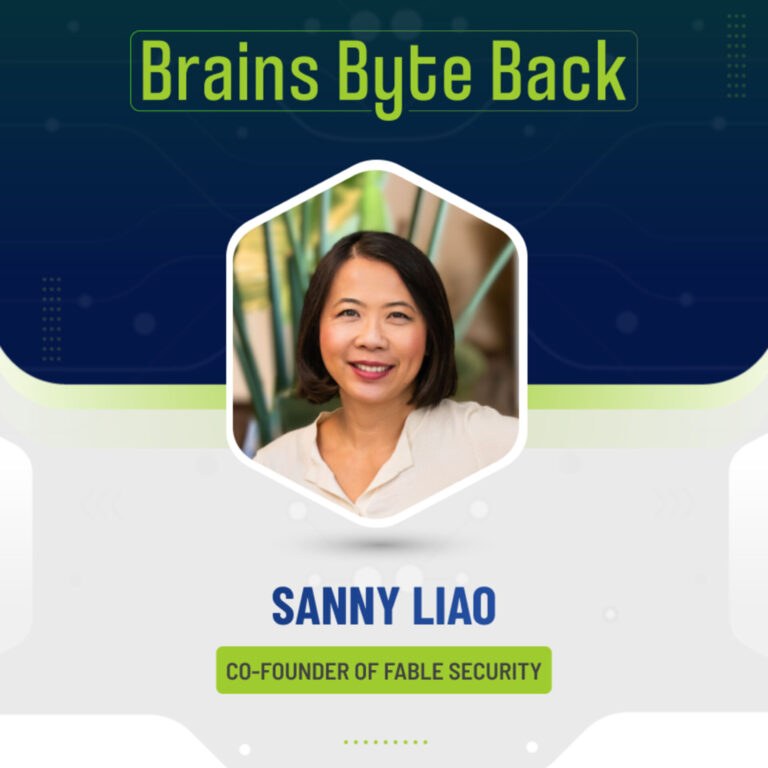With the fusion of AI & DPI, public-private entities will know more about you than you know about yourself, making you manipulable, controllable & ultimately hackable: perspective
African countries must harness the power of artificial intelligence and fuse it with digital ID and public infrastructure in order to survive the 21st century, according to a report from the Tony Blair Institute for Global Change.
While many African nations struggle with providing clean drinking water, electricity, basic sanitation, and connectivity to their citizens, the Blair Institute says that African countries should focus investments on AI and digital identity systems in order for their governments to run more efficiently.
The report, “Governing in the Age of AI: Unlocking a New Era of Transformation in Africa,” claims that African countries “must fully embrace the 21-century technological revolution — not as an option but as a fundamental necessity for survival and progress.”
Merging digital identity with artificial intelligence is fundamental to unlocking this technological revolution.
“Prioritize digital public infrastructure by expanding nationwide connectivity and building interoperable platforms, as well as digital-identity systems to support AI-driven services”
Tony Blair Institute for Global Change, “Governing in the Age of AI: Unlocking a New Era of Transformation in Africa,” April 2025

“This digital identity determines what products, services and information we can access – or, conversely, what is closed off to us”
World Economic Forum, “Identity in a Digital World: A new chapter in the social contract,” September 2018
According to the authors, the strategy of “embedding AI into the core of governance” must run parallel to developing Digital Public Infrastructure (DPI), which is a civic technology stack consisting of three main components: digital ID, fast payments systems, and data exchanges between public and private entities.
To get an idea of what DPI will look like in Africa, the Nigerian government published a DPI framework last month showing how digital ID will be used to track and trace “key life events” of every citizen from the cradle to the grave.
These key life events will be accompanied by a complete digital profile to track and trace everything that goes on in an individual’s life, including births, deaths, health records, proof of vaccination, scholarships, marriages, mortgages, pensions, and everything else under the sun.
“The Nigerian DPI will support significant landmarks such as registration of births, primary healthcare, vaccinations, student scholarships, marriages, mortgages, pensions, retirement and so on”
Supporting Life Events: The Nigeria Digital Public Infrastructure Framework, March 2025

“The Federal Government of Nigeria is on a mission to appropriately deploy digital technology to support Nigerians through these significant and profound moments so they can integrate into the state and enjoy the benefits of citizenhood from cradle to old age”
Supporting Life Events: The Nigeria Digital Public Infrastructure Framework, March 2025
Now, the Blair Institute is saying that DPI alone isn’t sufficient; it must be fused with AI to run seamlessly and be interoperable with all government services.
As such, the authors call on African governments to:
- Invest strategically in digital public infrastructure by prioritizing interoperable data-exchange platforms, a secure digital-ID system and AI-integrated services. These should be scalable, privacy-preserving and inclusive, leveraging private-sector partnerships to enhance adoption and financial sustainability.
- Establish a National Data Office responsible for implementing a national data-governance framework (developed in close coordination with data-privacy and protection agencies and aligned with AU standards on sovereignty, privacy, interoperability and secure data use), managing public data assets, ensuring data quality, portability and interoperability, and providing data services to government agencies and the private sector.
The idea to establish a national data office for all the information collected from digital ID schemes goes hand-in-hand with another Blair Institute report from February calling for the creation of digital ID-linked national data libraries that would store the data of every single nation.
“The UK should introduce a unique personal identifier to support accurate and efficient data linkage across public services […] A universal personal identifier, integrated with the GOV.UK Wallet app and associated credentials, will be necessary to deliver personalized services at scale”
Tony Blair Institute for Global Change, “Governing in the Age of AI: Building Britain’s National Data Library,” February 2025
Starting with the UK, the Blair Institute envisions a National Data Library to house all of a country’s data, including that related to:
- Health
- Energy
- Households
- Pensions
- Agriculture
- Education
- Labor
- Taxation
- Justice
- And so much more
The idea is to create a unified, interoperable library that links data on basically everyone and everything that exists in a given country.
None of this will be possible without installing a digital identity scheme for all individuals, with artificial intelligence being the tool to make sense of all the data and make it easily accessible and digestible.
India is a pioneer when it comes to fusing DPI with AI.
This fusion is what India’s Aadhaar digital ID architect Nandan Nilekani called Digital Public Intelligence at the Global Technology Summit in India in December 2023.
“I think you all probably thought that DPI was digital public infrastructure, but now it’s digital public intelligence, so we have re-christened it today, so welcome to the christening”
Nandan Nilekani, Global Technology Summit, December 2023
“DPIs have brought us to this point,” said Nilekani during his keynote address at the Global Technology Summit 2023, adding, “now AI, with its ability to reduce complexity and make knowledge accessible, and with its ability to generate content [will] actually take us further on.”
Fast forward to today, and the Blair Institute is pushing the same agenda to combine Digital Public Infrastructure with Artificial Intelligence to create Digital Public Intelligence, along with digital ID-linked national data libraries and national data offices.
“For African leaders, harnessing the power of artificial intelligence represents the single greatest opportunity to accelerate development and drive meaningful change […] African countries require bold, systemic transformation. They must fully embrace the 21st-century technological revolution – not as an option but as a fundamental necessity for survival and progress”
Tony Blair Institute for Global Change, “Governing in the Age of AI: Unlocking a New Era of Transformation in Africa,” April 2025
DPI, whether it’s Digital Public Infrastructure or Digital Public Intelligence, is a potential Trojan Horse for a coming digital gulag that doubles as a system of social credit where rewards and punishments are doled out based on compliance.
With everything and everyone made into digital twins to feed AI systems, globalists want to ensure that “no one is left behind,” which is doublespeak for ensuring that no one can escape the algorithm ghetto.
The authors of the latest Blair Institute report make this point quite clear in almost threatening way.
“The choice is clear: embrace AI as a driver of transformation or risk being left behind in an increasingly AI-powered world”
Tony Blair Institute for Global Change, “Governing in the Age of AI: Unlocking a New Era of Transformation in Africa,” April 2025
In the end, the goal of infusing AI with DPI is to ensure citizen compliance with public-private policies for all life events.
If you choose to opt-in to the digital ID-powered control grid, you may find a wealth of convenient services streamlined to you in real-time, as long as you remain in compliance with whatever terms of agreement that are written in the fine print.
Your digital identity will be linked with everything you do or say; it will have all your medical information, and it will be tied to your digital wallet, so that any dissent or any deviation from the terms of agreement can be met with total restrictions on where you can travel, what you can buy, and what you are allowed to consume.
Likewise, if you choose to opt-out of this system, you may also face exclusion from essential goods and services.
Basically, if you don’t agree with official narratives and policies, especially those having to do with the UN Sustainable Development Goals (SDGs), or if you don’t comply with their rules, governments and corporations can just lock you out of their systems, so you can’t buy anything or go anywhere or even find gainful employment.
“DPI’s interconnected components – digital-ID systems, digital-payment platforms and interoperable data networks – provide the foundation for streamlined government operations, improved transparency and more effective citizen-centric services. Digital-ID systems provide verifiable credentials for seamless access to public- and private-sector services, driving significant improvements in health care, welfare and other services”
Tony Blair Institute for Global Change, “Governing in the Age of AI: Unlocking a New Era of Transformation in Africa,” April 2025
With the fusion of AI and DPI, public and private entities will know more about you than you know about yourself, and when that happens, you will become manipulable, controllable, and ultimately hackable.
Speaking at the World Economic Forum (WEF) Annual Meeting 2020 in Davos, historian Yuval Noah Harari asked, “Are we at the point where Huawei or Facebook or the government or whoever, can systematically hack millions of people — meaning they know about my medical condition, about my personal weaknesses, about my life history?“
To which he answered, “Once you reach that point, the implication is that they can predict and manipulate my decisions better than me.”
Harari’s idea about human beings no longer being mysterious souls, but rather hackable animals is becoming more relevant with each and every passing day thanks to merger of DPI and AI.
Image Source: AI-generated by Grok











